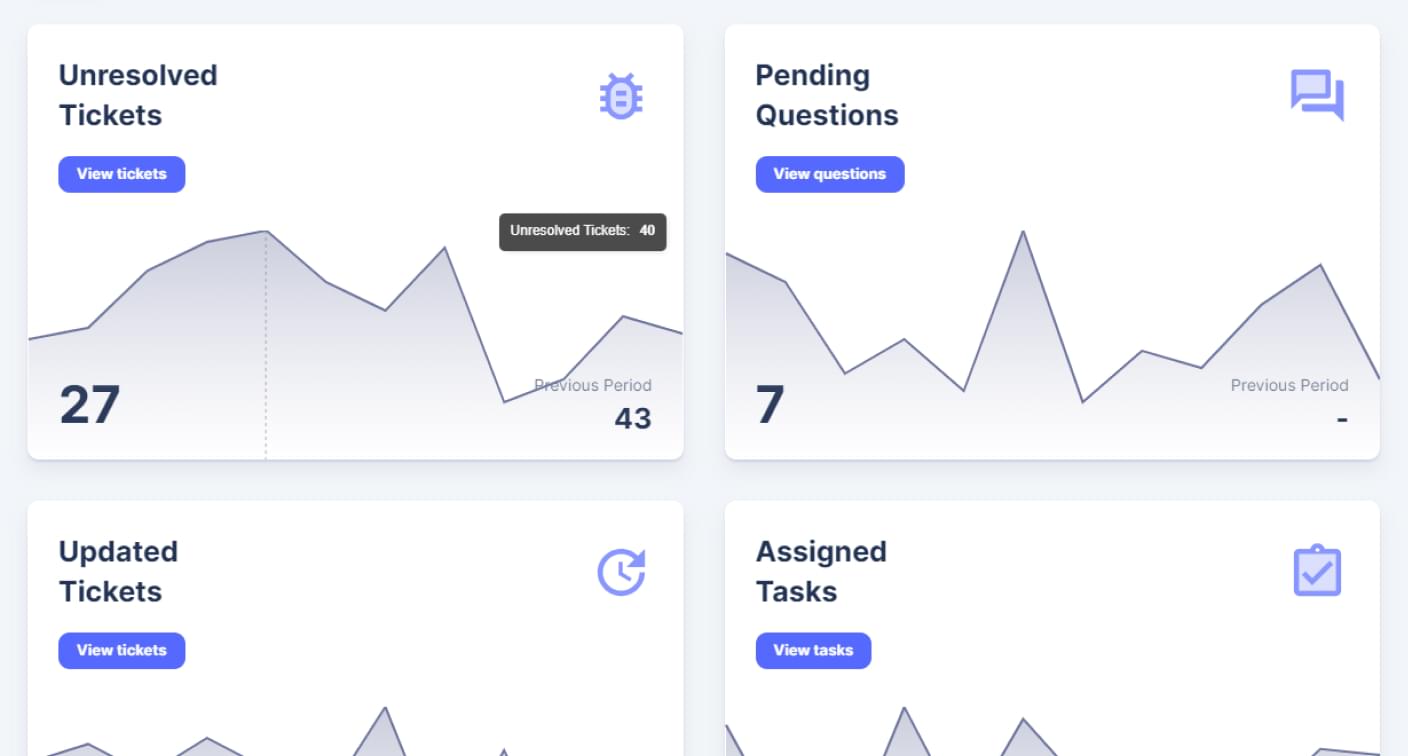Introduction to Contractor Workflow and CRM
In the fast-paced world of contracting, managing multiple projects, maintaining client relationships, and ensuring timely completion of tasks can be overwhelming. A robust Contractor Relationship Management (CRM) system integrated with an efficient workflow can significantly enhance productivity and client satisfaction. This article explores how contractors can optimize their workflow using CRM systems to streamline operations, improve communication, and drive business growth.
Understanding Contractor Workflow
Contractor workflow encompasses the sequence of processes involved in managing a contracting business. This includes project initiation, planning, execution, monitoring, and closure. Each stage involves numerous tasks such as client interactions, resource allocation, scheduling, task assignments, progress tracking, and financial management. An optimized workflow ensures that these tasks are completed efficiently, reducing delays and enhancing overall project quality.
Key Components of an Effective Contractor Workflow
- Project Management: Proper planning and scheduling are critical. A well-structured project plan outlines the scope, timeline, and resources required, helping contractors stay on track and meet deadlines.
- Task Management: Breaking down projects into smaller tasks and assigning them to team members ensures that every aspect of the project is addressed. This also makes it easier to track progress and identify potential bottlenecks.
- Resource Management: Efficient allocation of resources, including labor, materials, and equipment, is essential for project success. This involves tracking availability, usage, and replenishment.
- Communication: Clear and consistent communication with clients, subcontractors, and team members is vital. This ensures everyone is on the same page and any issues can be promptly addressed.
- Documentation: Maintaining accurate records of project details, communications, contracts, and expenses is crucial for accountability and future reference.
The Role of CRM in Contractor Workflow
A Contractor Relationship Management (CRM) system is designed to support and enhance these workflow components by providing a centralized platform for managing client interactions, project details, and business operations. Here’s how a CRM can transform contractor workflow:
1. Client Management
CRM systems allow contractors to maintain detailed profiles of their clients, including contact information, communication history, project details, and preferences. This centralized information makes it easier to track interactions, follow up on leads, and provide personalized service.
2. Lead Tracking and Sales
CRM tools help contractors manage their sales pipeline by tracking leads, opportunities, and conversions. Automated follow-ups and reminders ensure that no potential client is overlooked, increasing the chances of securing new projects.
3. Project Tracking and Management
CRM systems often come with project management features that allow contractors to plan, schedule, and monitor projects in real-time. This includes task assignments, progress tracking, deadline management, and resource allocation.
4. Communication and Collaboration
A CRM facilitates seamless communication between team members, subcontractors, and clients. Shared platforms and communication logs ensure everyone stays informed, reducing the risk of miscommunication and project delays.
5. Financial Management
CRM tools can integrate with accounting software to streamline financial management. This includes tracking project expenses, generating invoices, and managing payments, ensuring that contractors have a clear view of their financial health.
Benefits of Integrating CRM into Contractor Workflow
Integrating a CRM system into the contractor workflow offers numerous benefits:
- Improved Efficiency: Automation of routine tasks saves time and reduces the likelihood of errors.
- Enhanced Client Satisfaction: Better communication and personalized service lead to happier clients and repeat business.
- Increased Revenue: Efficient lead management and follow-ups boost conversion rates and project acquisition.
- Better Resource Utilization: Effective resource management ensures optimal use of labor, materials, and equipment.
- Data-Driven Decisions: Access to detailed reports and analytics helps contractors make informed business decisions.
Conclusion
For contractors, optimizing workflow is crucial to staying competitive in a demanding industry. A CRM system can be a game-changer, offering tools to manage projects more efficiently, improve client relationships, and drive business growth. By integrating CRM into their workflow, contractors can streamline operations, enhance productivity, and ultimately achieve greater success in their projects and business endeavors.
Investing in the right CRM solution tailored to the specific needs of a contracting business can provide a significant return on investment, positioning contractors for long-term success and client satisfaction.
For More Info:-





Comments